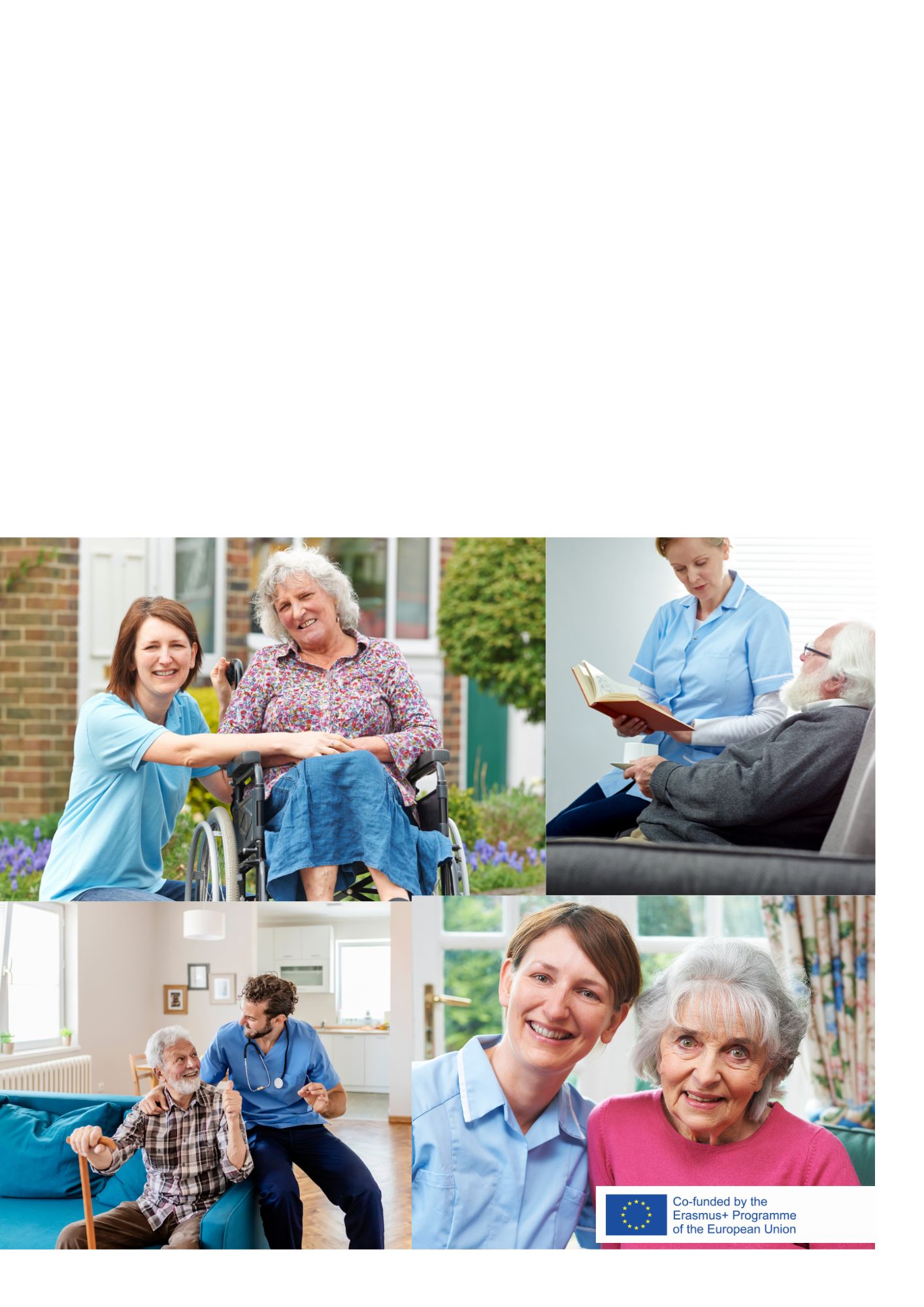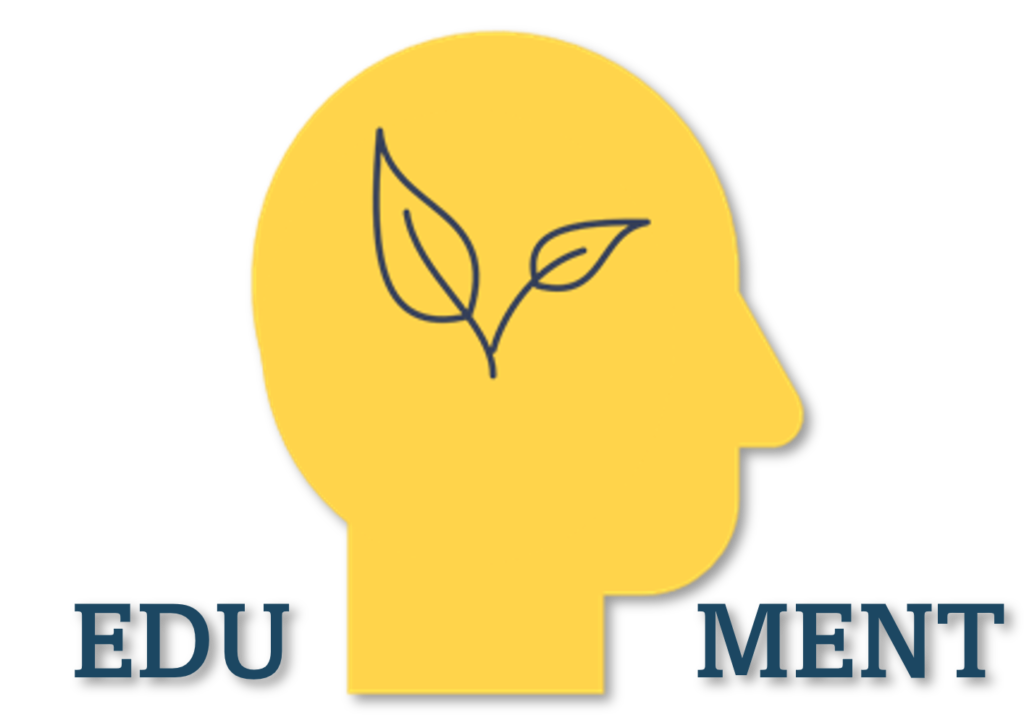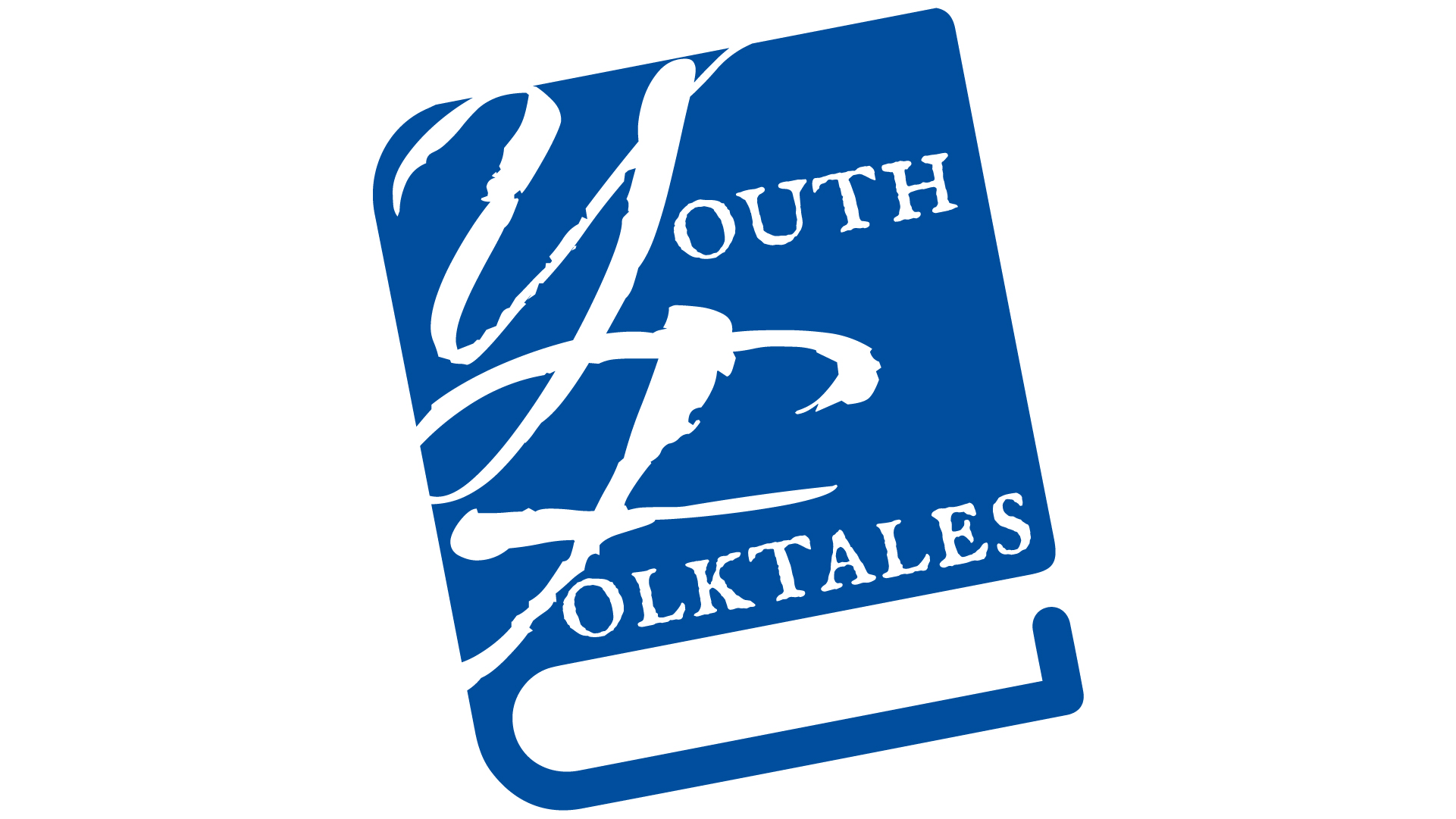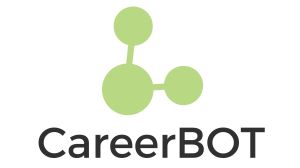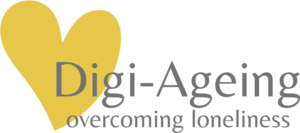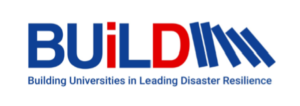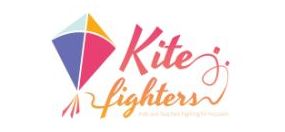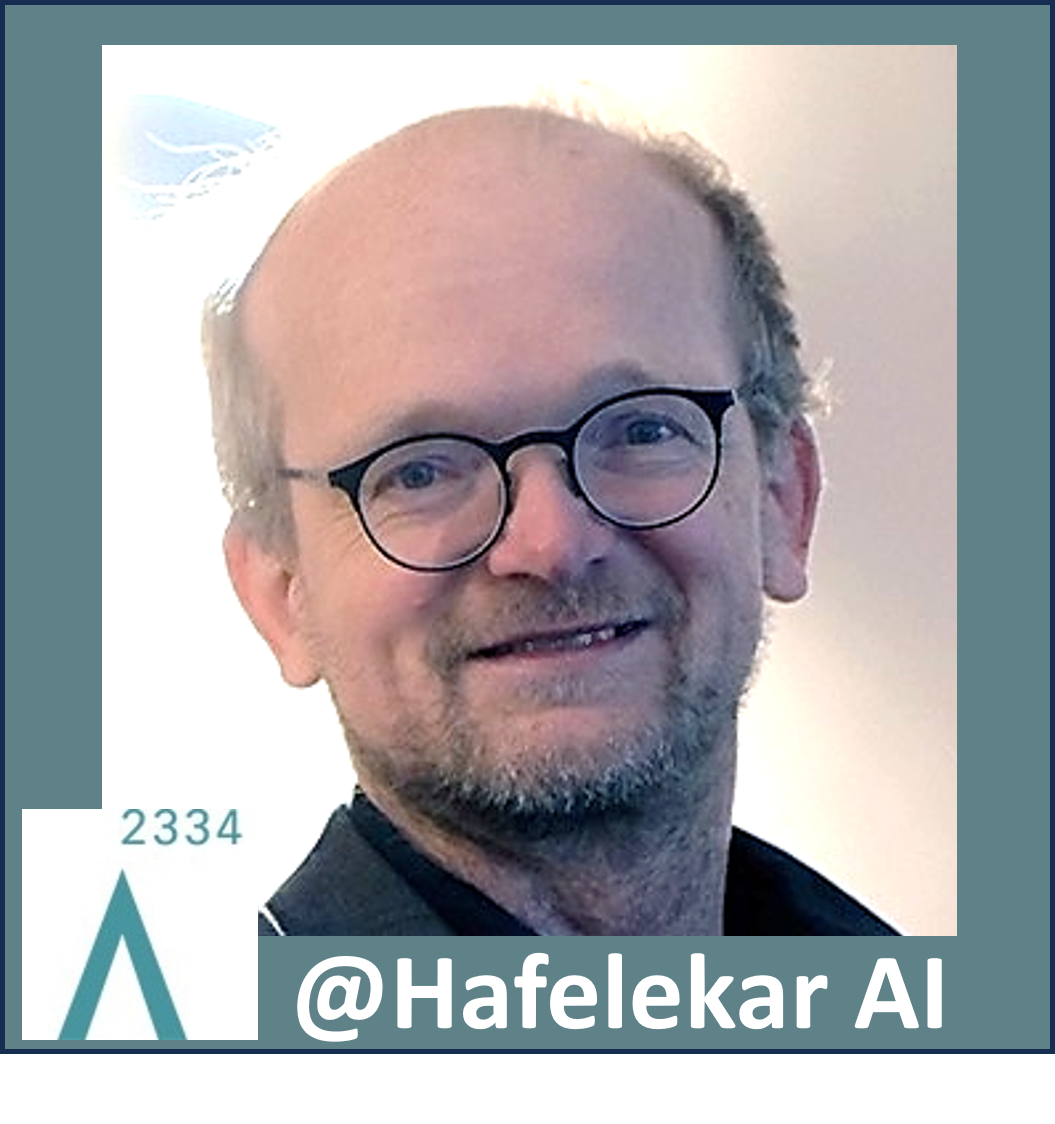Volunteers in Preventing Elderly and Chronical Illness Loneliness
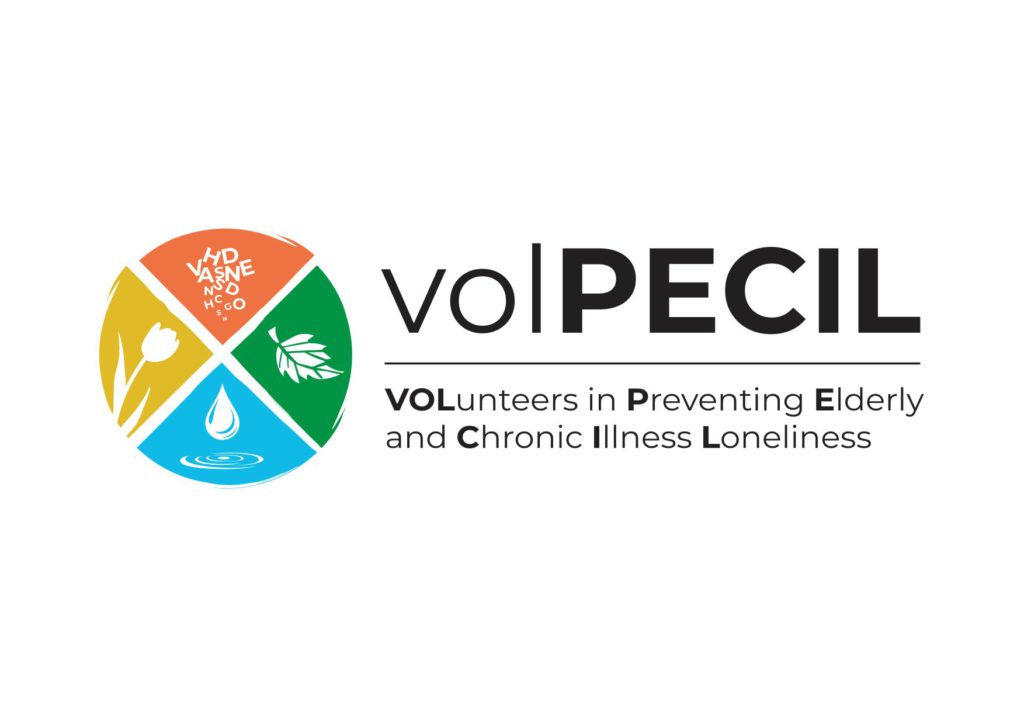
The VOL-PECIL project (VOLunteers in Preventing Elderly and Chronic Illness Loneliness) aims to empower volunteers and staff members in their efforts to alleviate loneliness among elderly and chronically ill individuals. By providing specialized training, resources, and digital tools, the project seeks to enhance the quality of care and support offered to these vulnerable groups.
Results
- Specialized Training Program: Development of a 16-hour blended learning curriculum tailored for volunteers.
- Digital Educational Resources: Creation and deployment of user-friendly digital tools to support volunteers.
- Pilot Training Sessions: Conduct pilot sessions to refine training materials based on feedback.
- Enhanced Communication and Support: Address communication challenges and provide comprehensive self-help guides.
- Sustainable Implementation: Ensure long-term availability and accessibility of training materials and resources.
Duration:
- Start Date: February 1, 2024
- End Date: January 31, 2025
Website:
coming soon
Project Partners:
Volontariato in Rete – Federazione Provinciale di Vicenza OdV (Italy)
Hafelekar Unternehmensberatung Schober GmbH (Austria)

This project has been funded with support from the European Commission. This communication reflects the views only of the author, and the Commission cannot be held responsible for any use which may be made of the information contained therein.

